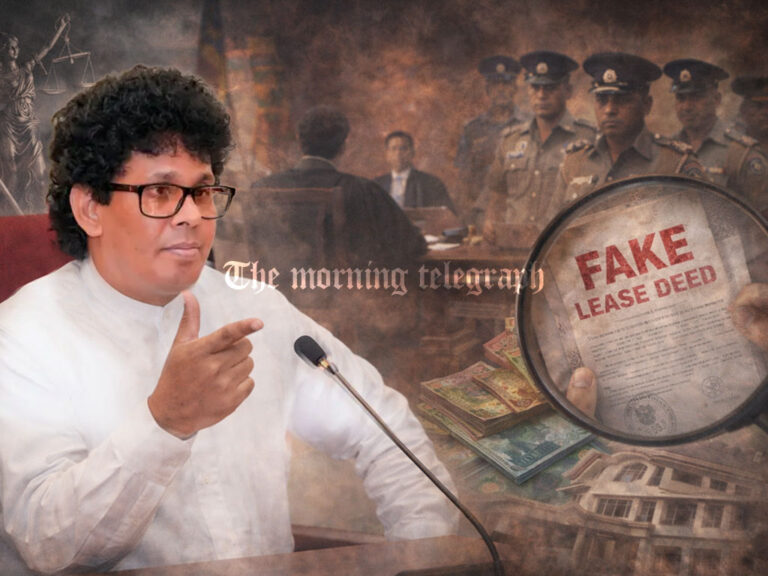
Internal sources from the Ministry of Finance have revealed that the Inland Revenue Department (IRD) is struggling to meet its tax revenue targets for the year 2024, resulting in a significant financial shortfall. The department had aimed to collect Rs. 2,024 billion in tax revenue for 2024, but by November 30, the total collected was only Rs. 1,799.5 billion, falling short by Rs. 93.9 billion.
This shortfall in revenue is concerning as the IRD had initially expected to collect Rs. 1,893.4 billion by the end of November. However, the gap between the expected and actual revenue has continued to widen. For example, the department had targeted Rs. 290 billion in revenue for November, but only Rs. 220 billion was collected by the end of the month.
The tax payment period for the 2023/24 tax year officially ended on September 30, which means that the department has limited time left to make up for the shortfall. With only a month left in the year, it is now highly unlikely that the Rs. 2,000 billion target will be met by December 31.
If the Customs and Excise Departments also fail to meet their annual revenue targets, it could create significant challenges for the government’s fiscal planning. Economic analysts have expressed concern that this shortfall could jeopardize the government’s ability to follow through on key promises for 2025, such as increasing public sector salaries and providing tax relief to the public.
The government’s financial position is becoming increasingly precarious as it faces the combined pressures of rising debt, inflation, and reduced tax revenues. Failure to meet fiscal targets could result in the government having to make difficult decisions on budget allocations, potentially delaying or scaling back promised benefits to the public and public sector employees. Furthermore, it could lead to further strain on social welfare programs and public services.
The ongoing revenue shortfall has raised questions about the government’s tax policy effectiveness and its ability to address systemic issues within the country’s tax collection mechanisms. If these issues remain unresolved, experts warn that Sri Lanka could face continued economic instability and public dissatisfaction in the year ahead.




